Despite a slew of video game releases in 2024, Ubisoft is yet to strike gold with any of them, and shareholders are considering a buyout option from interested parties with Tencent in the lead.
In case you’re unaware of the internal financial turmoil within Ubisoft, there are quite a few issues that have renewed the call among shareholders to consider the buyout seriously. We will provide a complete picture of what is presently happening at Ubisoft, how things reached this point, and the company’s financial future outlook.
The 2024 Timeline Of Financial Disappointment For Ubisoft Entertainment SA Leading To Buyout Talks
As we mentioned earlier, there were quite a number of big AAA or, as Ubisoft likes to market them, ‘Quadruple A’ video game releases, both from legacy series and new IPs. Yet, not a single one seemed to meet the company’s sales and financial expectations.
Let’s break down some of the more well-known individual releases and how well they performed in terms of sales.
Prince Of Persia – The Lost Crown Failed To Meet Expectations
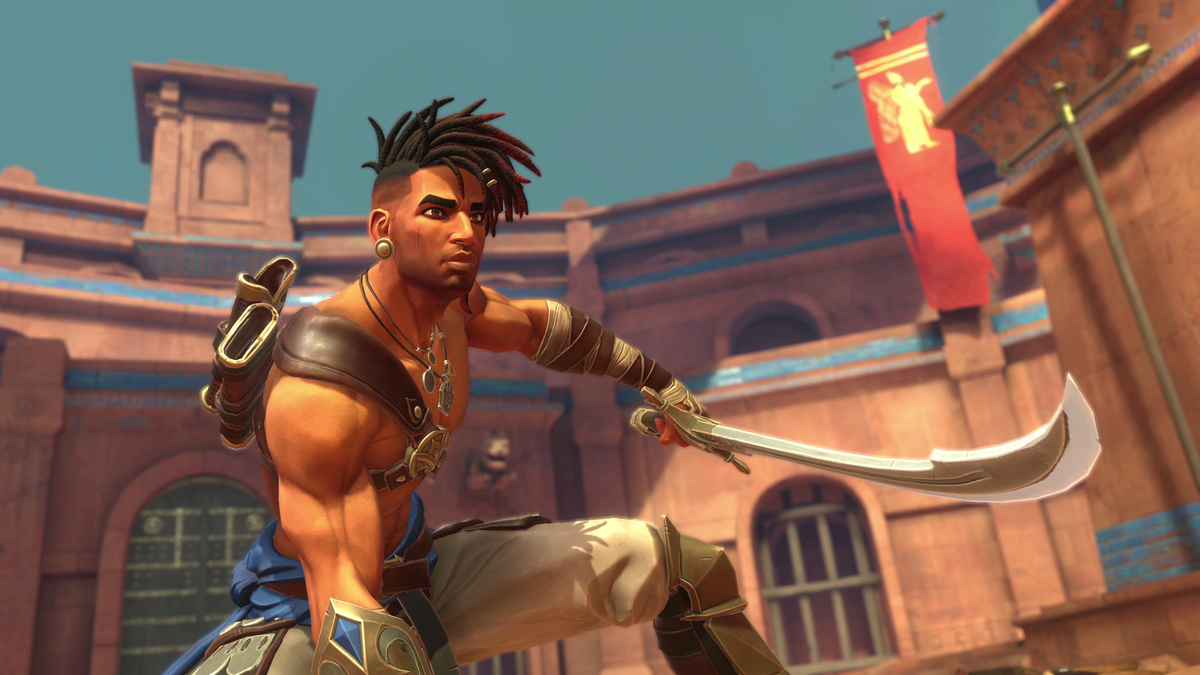
One of the core legacy IPs of Ubisoft, Prince Of Persia: The Lost Crown, was marketed with a modern take on the beloved franchise. Yet, despite the colourful visuals and the slick gameplay previews, there was mixed reception between the fans and the critics. Ultimately, the perception didn’t stop the game from reaching a considerable milestone of 1 million units across all the current-gen video game platforms, with an estimated revenue of $15 million.
While those are respectable numbers, Ubisoft shareholders’ expectations were far grander. They were looking toward the figure of 3 million units sold at launch, with further sales throughout the year going forward. Since that didn’t happen, Eurogamer reported that the team behind Prince Of Persia: The Lost Crown has been disbanded.
Those working on downloadable content post-launch were then moved to other projects, and talks of a sequel were shut down as the executives believed the upfront investment cost wasn’t worth it. Prince Of Persia: The Lost Crown was the first of many financial flops that prompted Ubisoft to consider a buyout.
Skull & Bones – Ubisoft’s Quad-A Game Couldn’t Deliver Sales
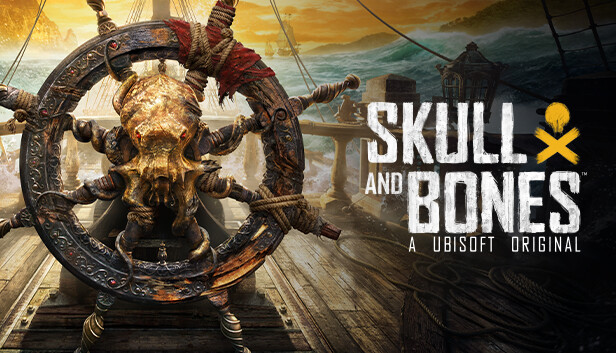
Another case was the release of one of the biggest titles from Ubisoft that they were hyping up as the first Quadruple A experience, Skull & Bones. This game underwent several delays, being stuck in what game developers tend to refer to as development hell. The scope and scale of the title were being touted as the premier, immersive pirate-simulator game with an unprecedented level of detail and complete experience.
However, contrary to that statement, the game’s launch was met with many complaints and criticism by players. There were several comparisons to Ubisoft’s decade-old Assassin’s Creed IV: Blackflag being referred to as the superior game. The negative word of mouth and lack of quality features and polish, plus the price tag of $70 at launch, didn’t translate too well sales-wise. There were other critical factors too that played a hand in Ubisoft stockholders considering a buyout.
For instance, an insider report with an anonymous source stated that Ubisoft spent nearly a colossal development budget within the range of $650 to $800 million. Usually, development budgets don’t have such inflated amounts. In terms of sales, Skull & bones understandably couldn’t recoup the costs of making it, and the one million players at launch, largely due to the free-trial period, didn’t return to buy or continue playing the game. The present concurrent Steam chart player numbers for Skull & Bones are not desirable either.
Star Wars Outlaws – Lofty Sales Goals Remained Unattained
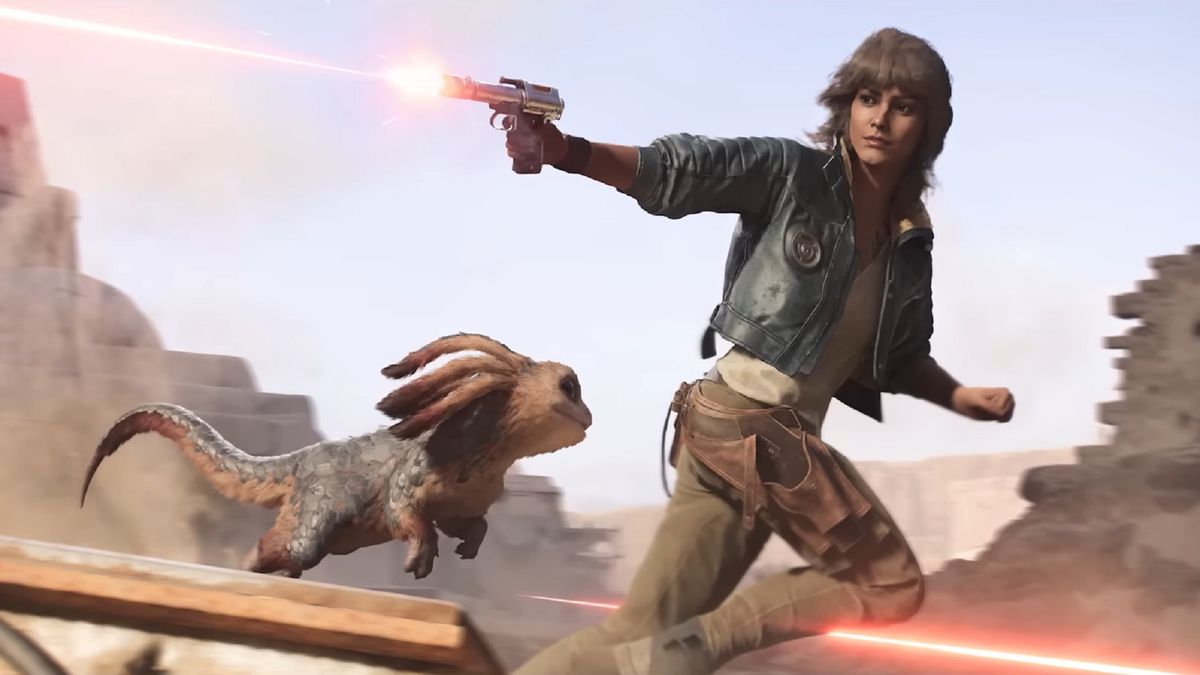
One of Ubisoft’s surefire hits would have been the licensed Star Wars video game Star Wars: Outlaws, but apparently, that wasn’t the case. Despite the popularity of the Star Wars franchise, there were a lot of problems in the final release of the game; the common complaints were bugs and sections of the game where stealth was forced on players, which was tedious and highly repetitive. The less-than-lukewarm user scores throughout and the lack of the Steam version during the launch alongside other platforms hurt the sales numbers. There was a Steam release eventually, but it failed to bring in players.
Insider Gaming has reported that despite the brand recognition, Star Wars Outlaws only sold around one million units for $70 in one month since its launch. While that might seem fairly respectable in terms of revenue, in context, the total duration since its release, Star Wars Outlaws, was projected to have much higher numbers. Despite the strong marketing push with Star Wars Outlaws, it landed Ubisoft into a situation it’s in now, with a buyout being seriously considered.
The one-month assessment of video game sales is an important benchmark for Ubisoft. Unfortunately, almost every other video game released within this timeframe in years past has exceeded the targets set by Ubisoft. Not Star Wars Outlaws though. The report from the same source also states that Ubisoft’s wording of the sales situation is telling; the official stance is that Star Wars Outlaws sales were softer than expected.
XDefiant, The Call Of Duty Killer, Flatlined By Ubisoft

In another more recent scenario that’s financially dire for Ubisoft, which is being perceived as the last straw for shareholders that they’re contemplating a buyout, XDefiant, Ubisoft’s free-to-play video game, was cancelled. Not only that, but the studio has been shut down, and over 200 employees have been laid off. For those who don’t know, XDefiant was the product of a grand ambition by Ubisoft to compete with the industry juggernaut, the first-person shooter video game franchise called Call Of Duty. While the launch might have given the impression it was off to a solid start, the reality was that the player base quickly dwindled.
XDefiant was also the attempt by Ubisoft to try their hand at another live-service title. Live-service titles or Games as a Service (GaaS) are essentially video games reliant on revenue through a subscription service model and in-game purchases of cosmetics and items. There is new content every month to keep player engagement up and get them to return. While it might seem like the perfect recipe for success, the key ingredient is having the hook that will get players to keep playing the game. XDefiant was touted as the next big IP to do that, but it failed to do so.
In a lengthy internal memo at Ubisoft, courtesy of Insider Gaming, the situation was communicated to the studio employees. The long and short of it is that, despite the heavy investment, building hype through marketing, the lack of returning players, and the less-than-stellar player feedback made further investment into the game an impossible choice. The talent that’s been kept on will be moved to other projects while the rest will be let go. New players cannot join XDefiant post-December 3rd, 2024, and refunds are being given to players who purchased additional game content.
Ubisoft’s Attempt At Suppressing Concurrent Player Count On Steam
A recent tidbit from an insider source at Ubisoft has been making the rounds, and it’s sure to get some heat on the company. It seems Ubisoft is well aware of the fact that the players have lost interest in their recent output of video game offerings. This includes both single-player and live-service titles. The company’s attempts at capturing its past sales numbers have not borne fruit either.
So, to cover the waning interest from the players, it’s reported by the inside source that Ubisoft has tried to contact Valve, owners of the platform Steam. The conversation revolved around shutting down the display of the concurrent number of players in all of the Ubisoft games. The metric of concurrent players is considered a strong indicator of player interest and engagement within the gaming community and by video game journalists.
While it might not mean much if Valve obliges the request, it is important to understand the reasoning behind this kind of action. The idea is to create a favourable scenario for the stakeholders, who might not be gamers themselves but will look at statistics to judge the company executives’ actions. It is a clear attempt by Ubisoft to market itself as a valuable asset for a buyout.
Ubisoft Turmoil Prompting Shareholders To A Potential Buyout
Given the lack of blockbuster sales from Ubisoft’s 2024 offerings, there is an understandable level of concern among stakeholders. The company’s statement when the rumours of a buyout were leaked gave a much clearer picture. According to the official statement, Ubisoft considers every strategic option regularly in the interest of the stakeholders and will inform the market (of a buyout) if and when appropriate.
The stock price of Ubisoft has seen a sharp decline, with none of its major franchises in 2024 being able to capture the market sales. Compounding this problem is the major delay of Assassin’s Creed Shadows, an in-development title from its flagship franchise, Assassin’s Creed. It was supposed to release this year, but it’s been pushed back to the second quarter of 2025. This move lost a lot of stock value for Ubisoft, around nineteen percent.
Naturally, the situation made the potential of a buyout of Ubisoft all the more likelier. According to an October 2024 Bloomberg report, Ubisoft is in search of the ideal bidding to turn its fortune around, and the only company that seems agreeable to shareholders is Tencent Holdings Ltd., a Chinese multinational conglomerate.
Tencent The Leading Contender For Ubisoft Buyout
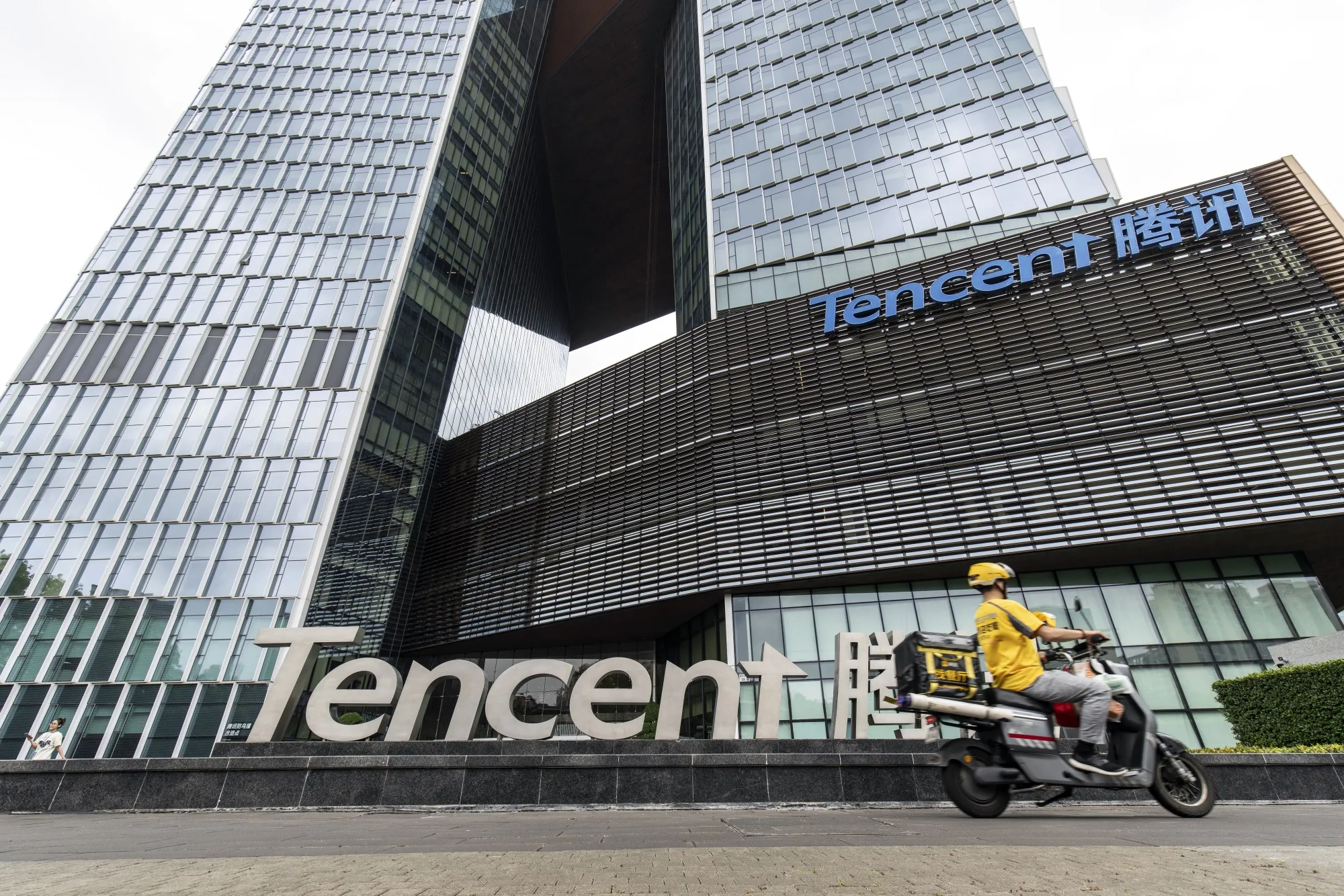
Tencent Holdings Ltd. and Ubisoft are more in tune with each other and have a deeper business relationship than it might seem on the surface. That’s because there have been positive talks between the two companies for the Ubisoft acquisition, and according to Reuters, a management-level buyout is on the cards. Tencent is known for its technology investments and social media applications like WeChat and QQ, and it is the biggest video game vendor in the world. There are significant AI-related projects with lots of cutting-edge technology that have Tencent’s backing.
Tencent has made plenty of investments in video games with successful returns that have provided unprecedented growth for the company. It is with this track record that Tencent wishes to proceed with Ubisoft’s acquisition. Tencent is making the big to have a ‘greater say’ in Ubisoft’s future board meetings and cash flow distribution if it gets to finance the buyout.
The goal, as stated by Tencent, is to explore ways to bring stability to Ubisoft and improve its financial situation and value. However, Tencent is wary of a potential hostile takeover by shareholders and is actively seeking to avoid such an outcome as one of the ways to make Ubisoft profitable again is by making the company private instead of a buyout. Either way, Tencent wants to be in the mix.
Ubisoft Wants The Founding Family To Retain Control Even After Buyout
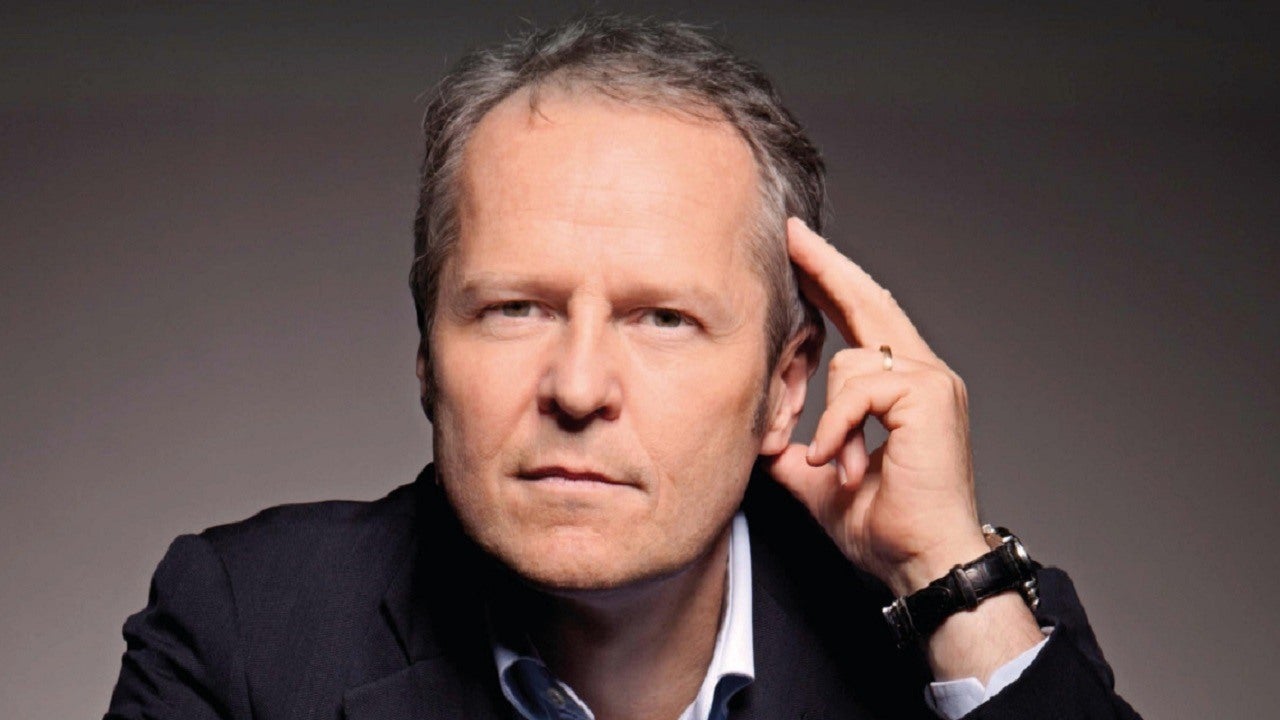
There is a hiccup that could potentially make the buyout of Ubisoft slightly complicated. Tencent, as we stated above, has a clear vision of the direction in which it wants to take Ubisoft. The question is, then, what does the founding family of Ubisoft, the Guillemot family, want? Well, it seems like the Guillemot family still wants to have the decision-making power even after selling its stake in Ubisoft. This will be a counterintuitive investment if Tencent agrees to it, so now it’s a waiting game between the two.
It should be mentioned that the Guillemot family established Ubisoft all the way back in 1986, so there is a matter of legacy. The public face of the company gives the stock its standing to some degree as well. However, legacy alone isn’t enough; there must be concrete results and financial gains for the company to stick by its leadership. In Ubisoft’s case, the current statistics are unfavourable.
For the time being, though, according to Gamesindustry.biz, the Ubisoft shareholders are adamant that someone familiar with the business model of Ubisoft, hence the insistence on the decision-making control, be with the Guillemot family. Interestingly enough, the Guillemot family owns a 15% stake in Ubisoft and is running its operations, while Tencent owns a 49.9% stake in Guillemot Brothers Limited (GBL), which is the holding company that runs Ubisoft’s affairs. This also means that Tencent Holdings Ltd. and Guillemot Brothers Ltd. share a very complex and interwoven dynamic. How this stalemate plays out will shape Ubisoft’s future direction.
Ubisoft Shares Price See A Spike After Talks Of Buyout
We’re closing up our Ubisoft buyout coverage with the final nugget of info regarding the fallout of Tencent Holdings Ltd. making a play for the company. As soon as official word of the discussions of the arrangement spread, the trading for its stock had temporarily halted. There was understandable concern among the stockholders, but then the trading resumed.
After the pause window, Ubisoft’s shares experienced a spike in value, as much as 16 percent. The volatile nature of these spikes is not an anomaly, as any financial gain to a publicly traded company when it’s the subject of discussions for an acquisition will result in its shares seeing heightened gains. Industry veterans and analysts predict a more long-term restructuring for Ubisoft regardless of whether the buyout happens or not. Ubisoft’s commercial failures of its AAA flagship franchises in 2024 require internal evaluation to work out the problems.
Conclusion
From the top, we’ve given you a comprehensive overview of Ubisoft in 2024 in terms of its financial situation. The hot topic of its buyout is a matter that’s in deadlock since Tencent is in pursuit of a decision-making position within the company, while the founding family is looking to stave off this takeover attempt. It’s a lot to process if you’re one of the stakeholders in Ubisoft.
For follow-ups and similar coverage, check back soon. In the meantime, if you’re looking for a company that’s financially stable and doing wonders, we point you toward the CD Projekt Red and their upcoming AAA blockbuster video game, The Witcher 4.
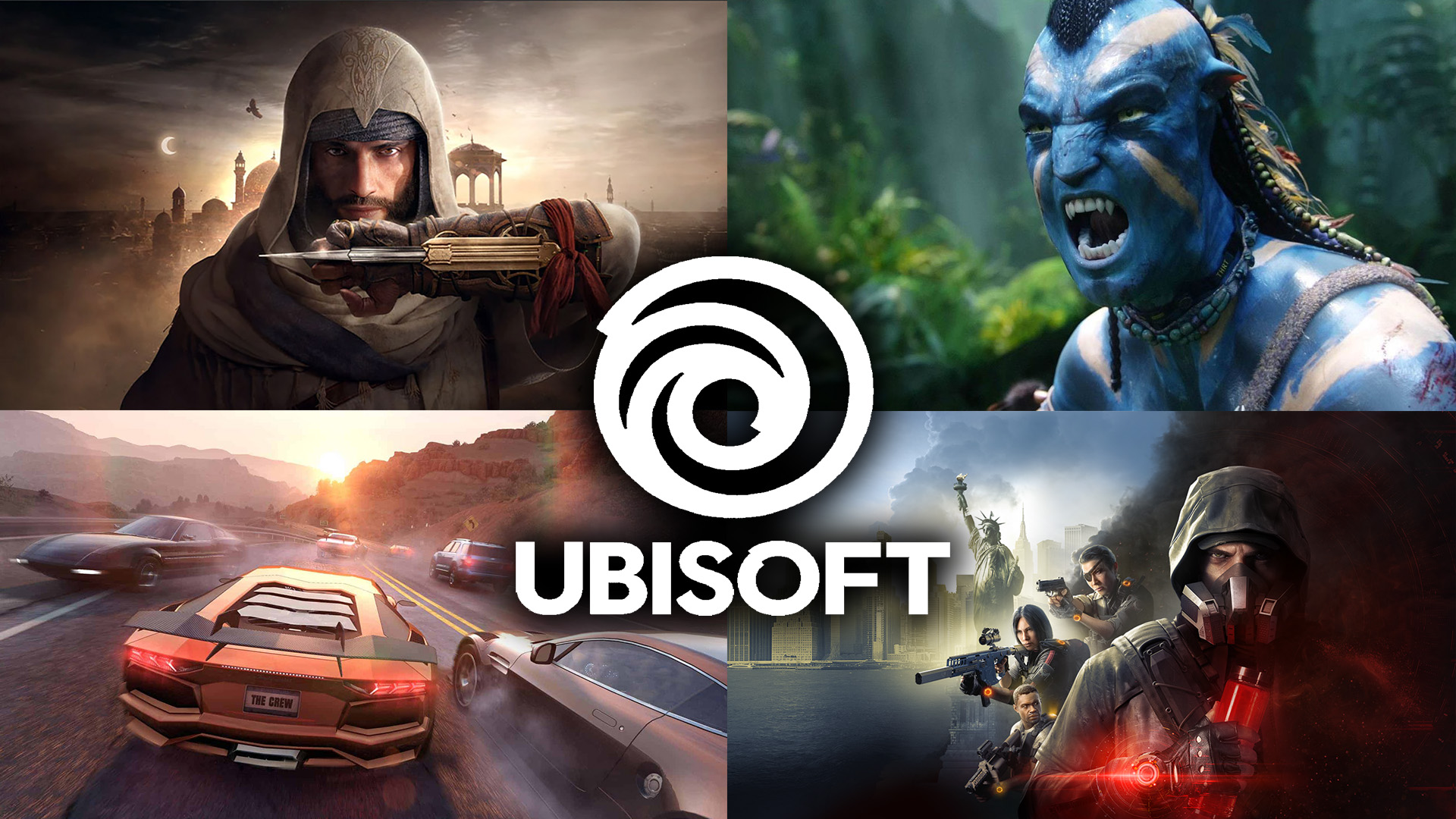
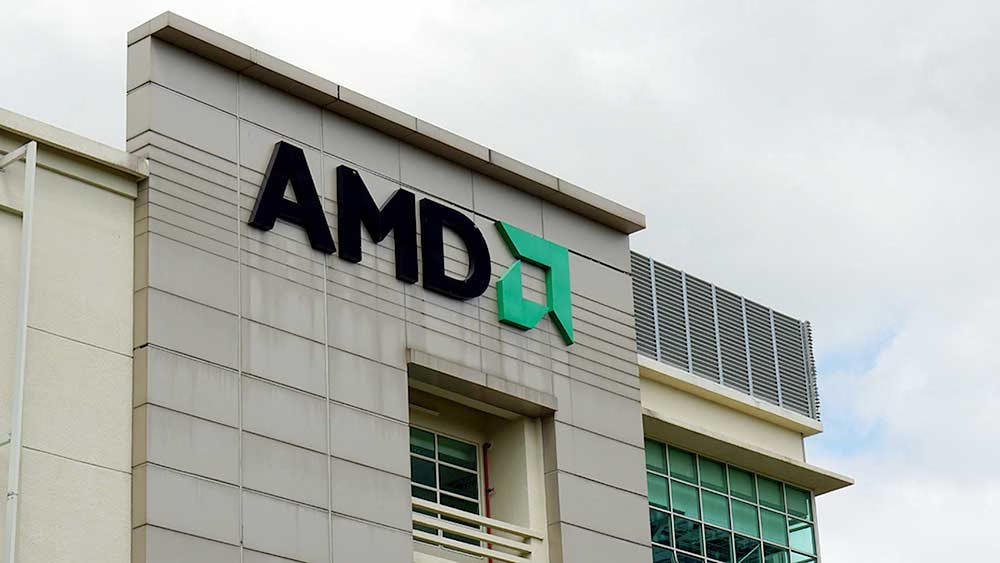
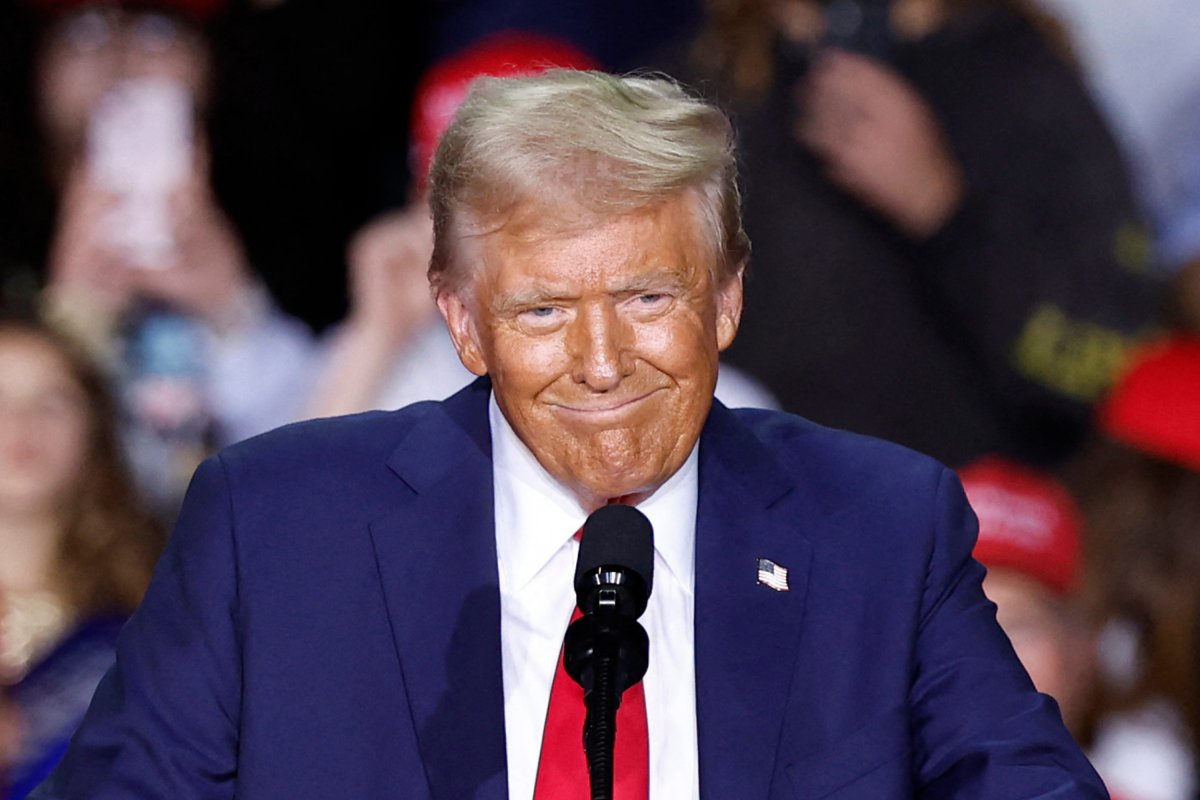
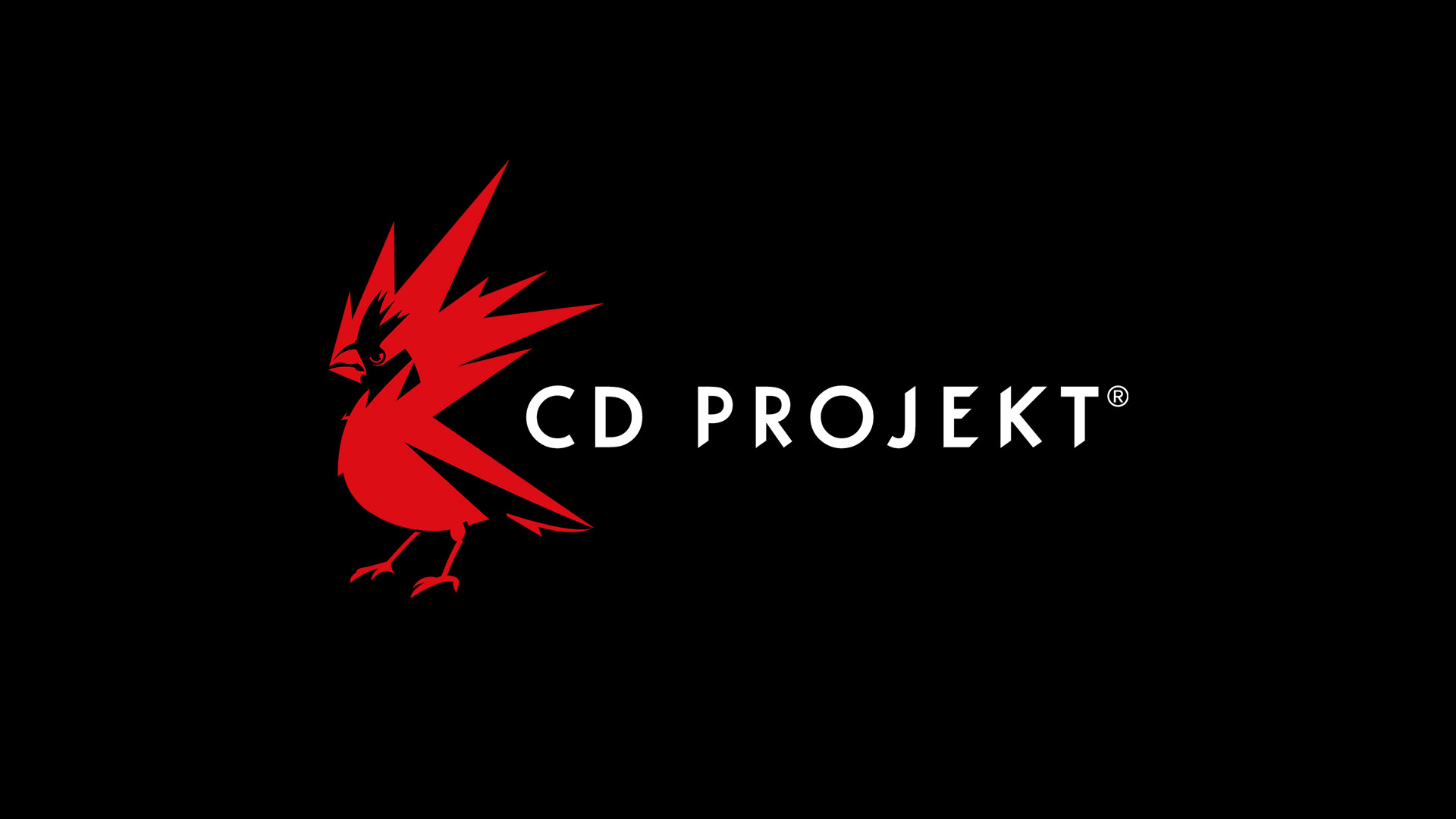
2 thoughts on “Ubisoft Financial Jeopardy, Shareholders Renew Interest In Buyout”